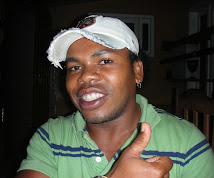Even if I did nothing Mesmo se ou não fizesse nada.
That I would be good Que eu seja boa
Even if I got a thumbs-down Mesmo se me dessem os "polegares abaixo".
That I would be good Que eu seja boa
If I got and stayed sick Se ficava doente e seguia doente.
That I would be good Que eu seja boa
Even if I gained ten pounds Mesmo se ganhasse dez quilos
That I would be fine. Que eu seja bem
Even if I went bankrupt Mesmo na inadimplência.
That I would be good Que eu seja bem
If I lost my hair and my youth Se eu perdesse o meu cabelo e minha juventude.
That I would be great Que eu seja ótima
If I was no longer queen Se não for mais rainha.
That I would be grand Que eu seja maior
If I was not all-knowing Mesmo se não for onisciente.
That I would be loved. Que eu seja amada
Even when I numb myself Mesmo quando me entorpeço.
That I would be good. Que eu for boa
Even when I'm overwhelmed Mesmo quando esteja esmagada.
That I would be loved Que eu seja amada
Even when I was fuming Mesmo quando estava fulmingante
That I would be good Que eu for boa
Even if I was clingy Mesmo quando seja pegajosa.
That I would be good Que eu for boa
Even if I lost sanity Mesmo se eu perder minha razão.
That I would be good Que eu for boa
With or without you Com ou sem você.


